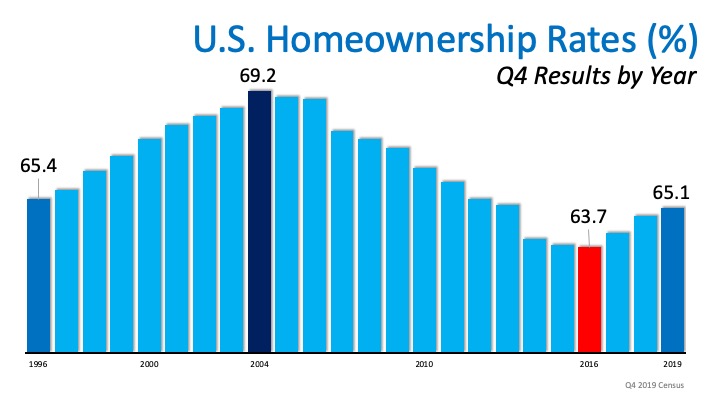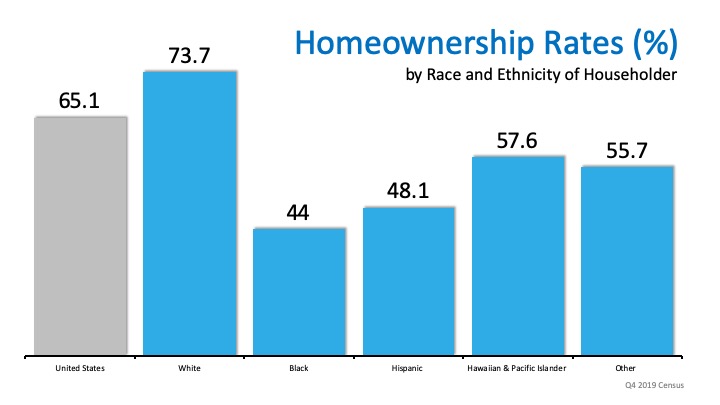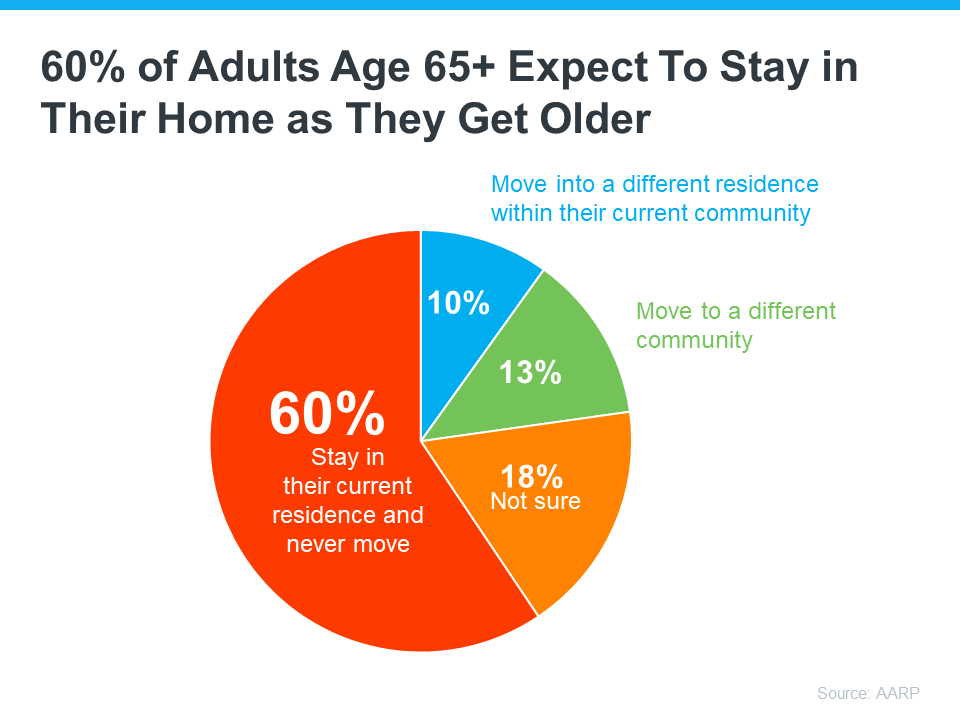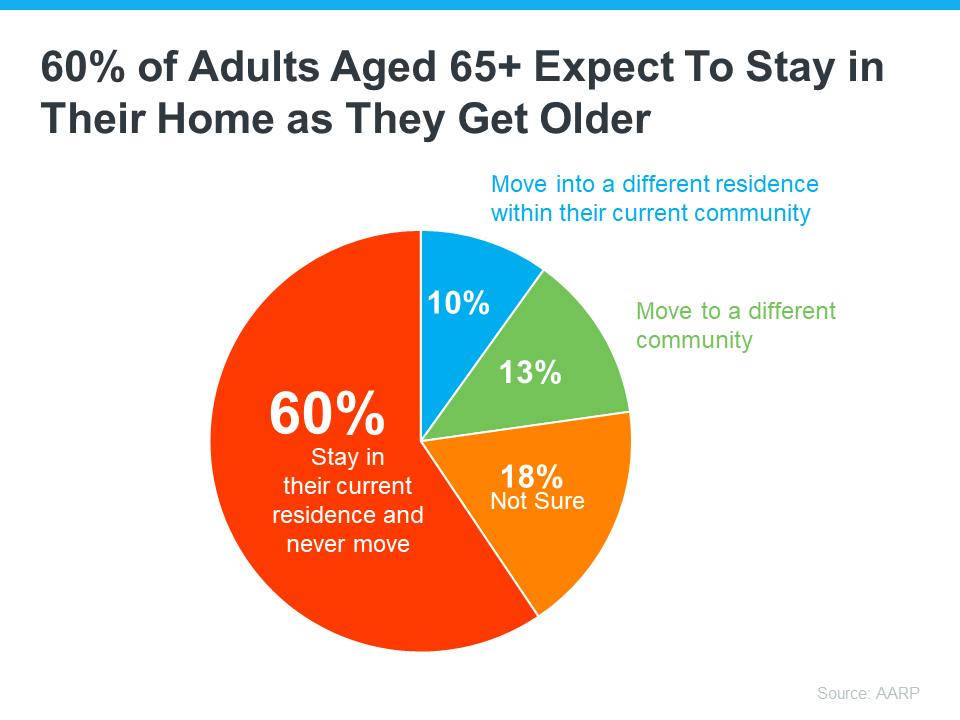

Demographics
Homeownership Rate on the Rise to a 6-Year High
Baby Boomers
Boomers Moving Will Be More Like a Gentle Tide Than a Tsunami
Demographics
The Benefits of Downsizing When You Retire
Demographics
Will a Silver Tsunami Change the 2024 Housing Market?
-

 Downsize4 weeks ago
Downsize4 weeks agoWhy So Many Homeowners Are Downsizing Right Now
-

 Affordability3 weeks ago
Affordability3 weeks agoIt’s Getting More Affordable To Buy a Home
-

 Buying Tips4 weeks ago
Buying Tips4 weeks agoHome Insurance Costs Are Rising: What Buyers Should Plan For
-

 Buying Tips3 weeks ago
Buying Tips3 weeks agoTop 3 Reasons To Buy a Home Before Spring
-

 Affordability3 weeks ago
Affordability3 weeks agoWhy Townhomes Are Popular with Today’s First-Time Buyers
-

 Equity2 weeks ago
Equity2 weeks agoFour Ways Your Home Equity Can Work for You
-

 For Buyers2 weeks ago
For Buyers2 weeks agoInventory Is Making a Comeback in 2026
-

 For Buyers2 weeks ago
For Buyers2 weeks agoMove-Up Buyers Are Choosing New Construction
















You must be logged in to post a comment Login